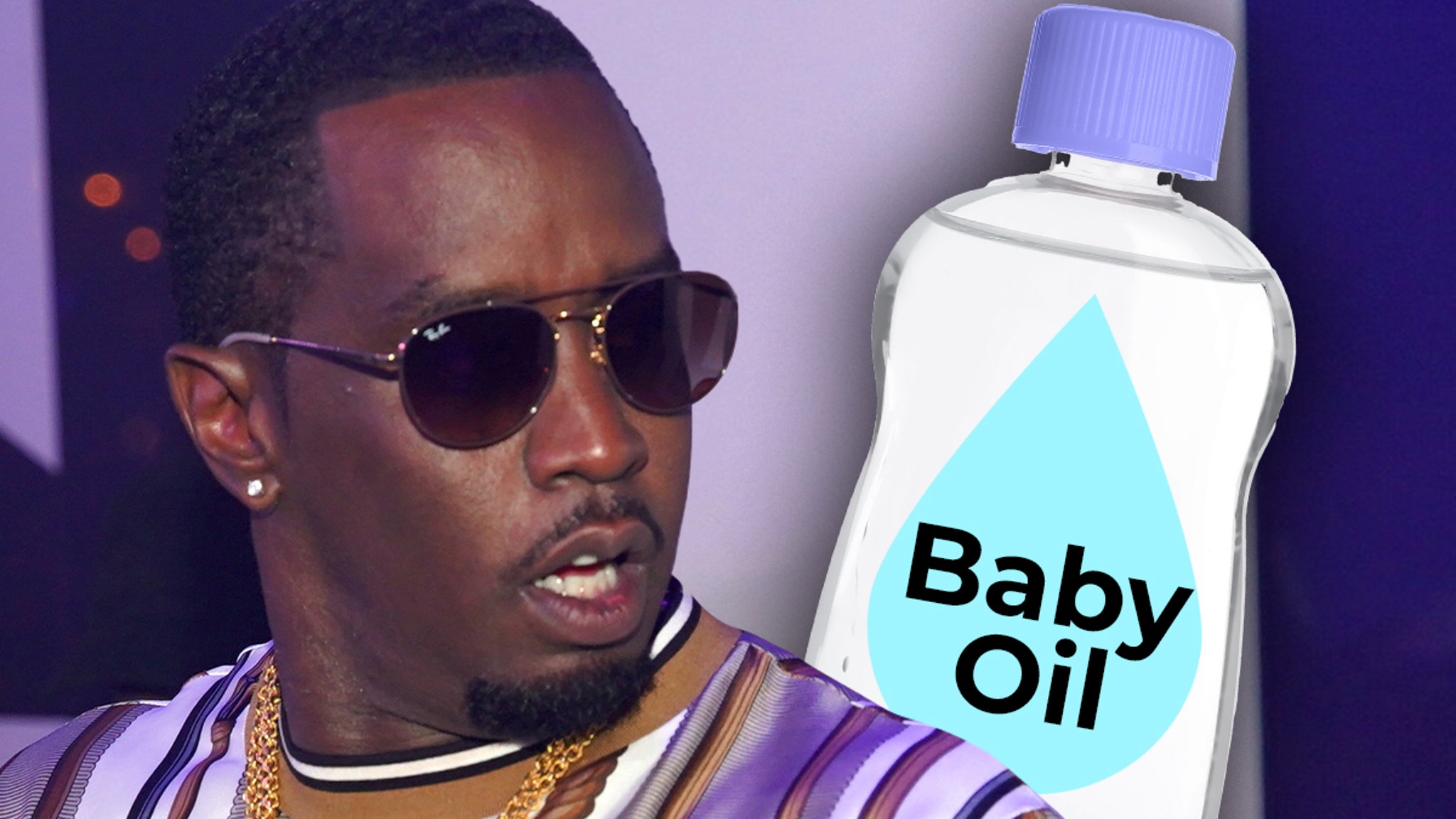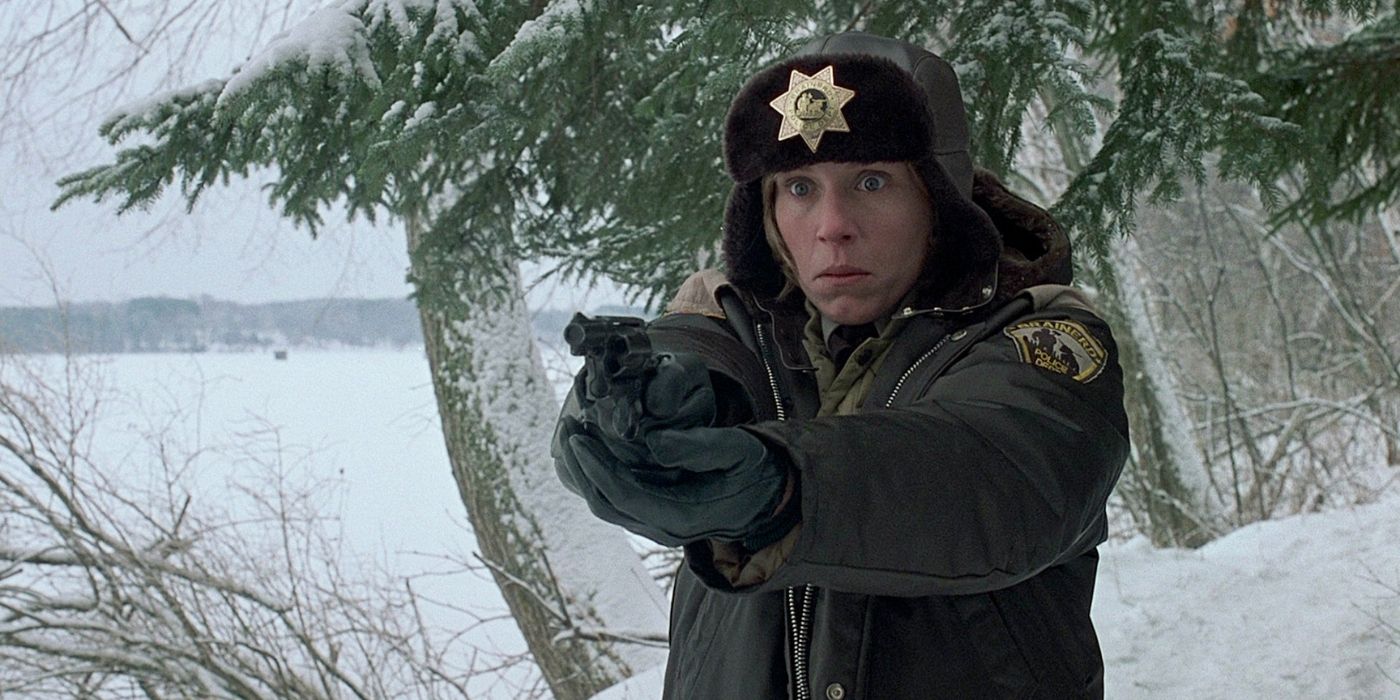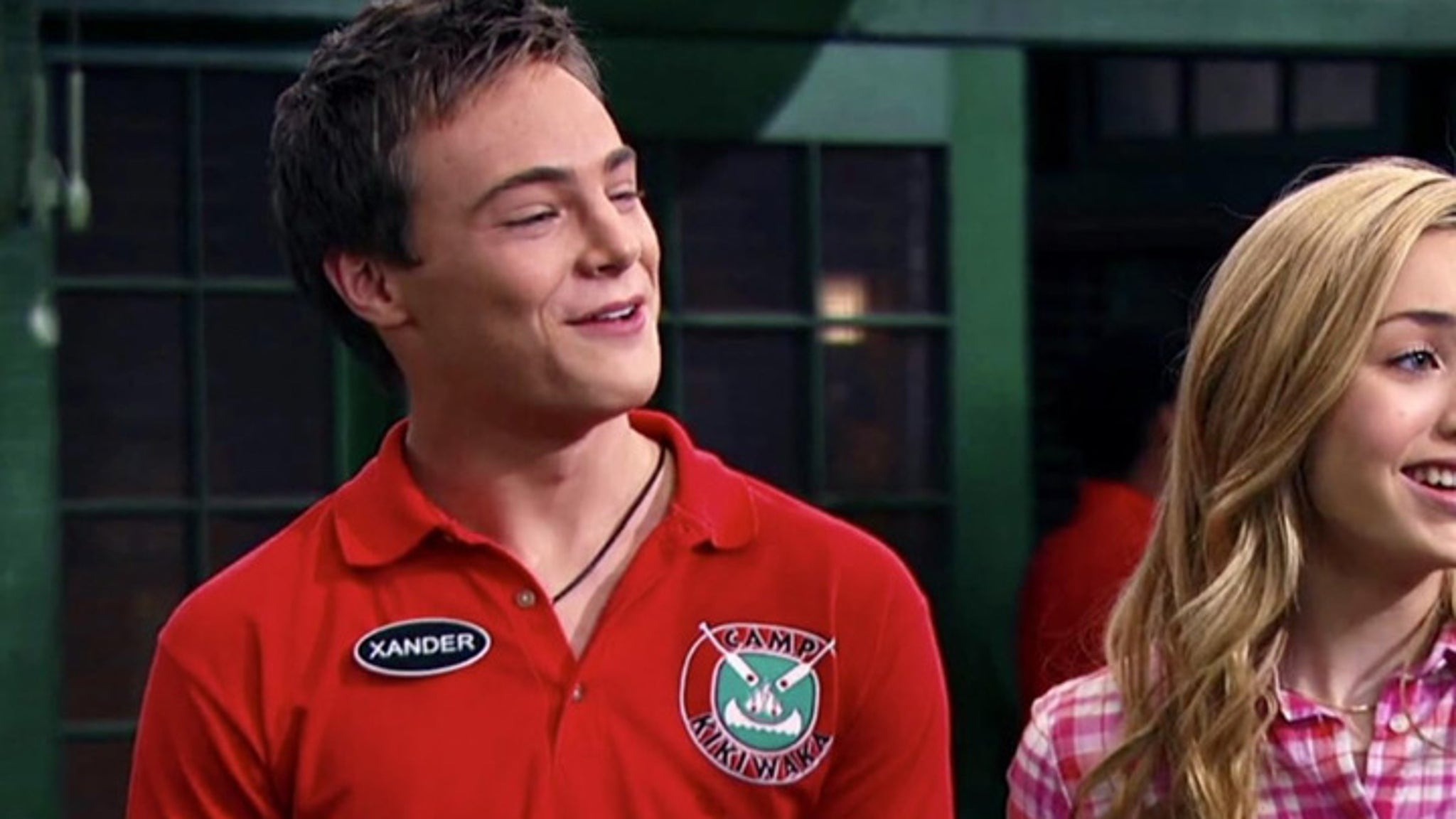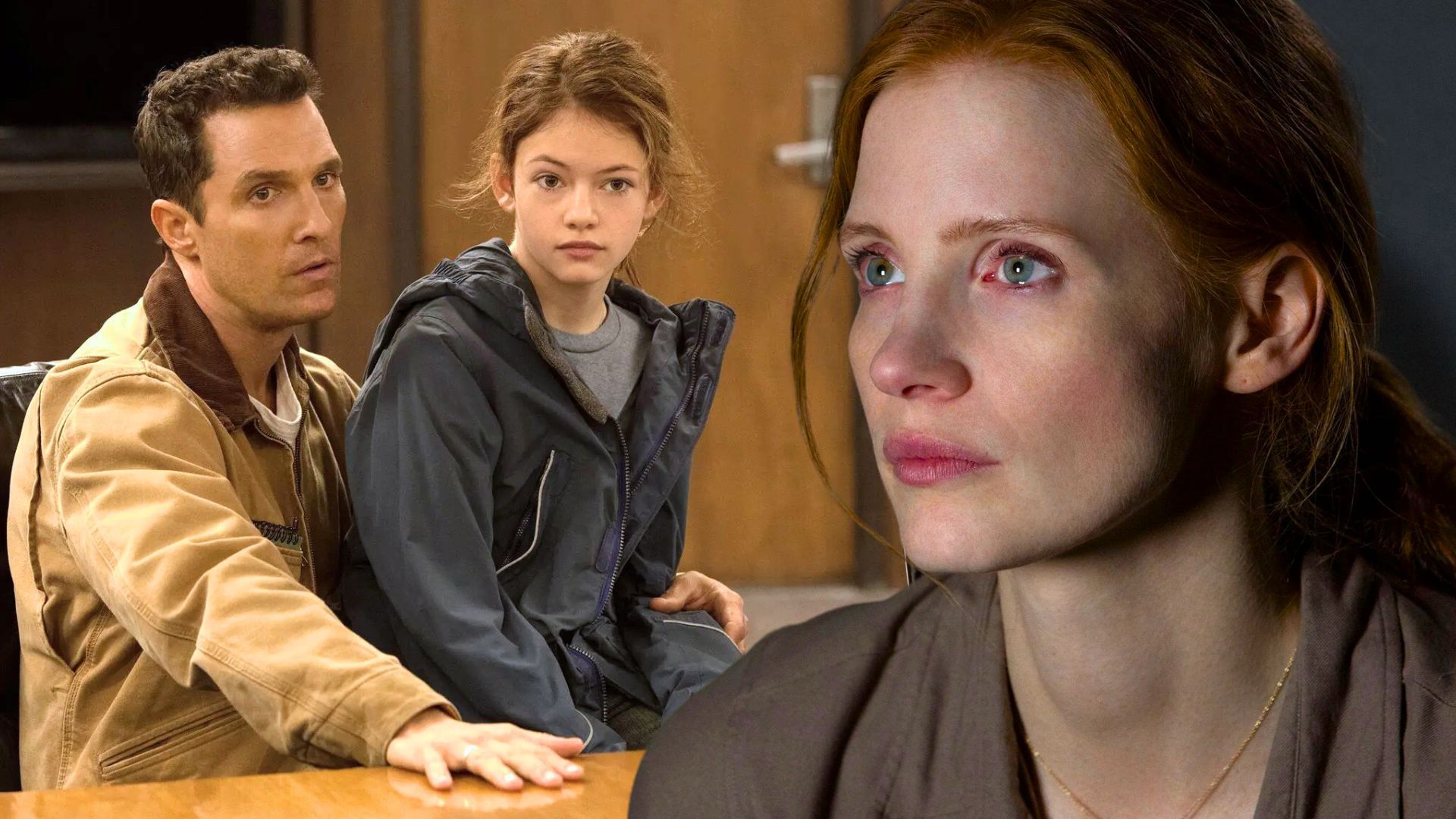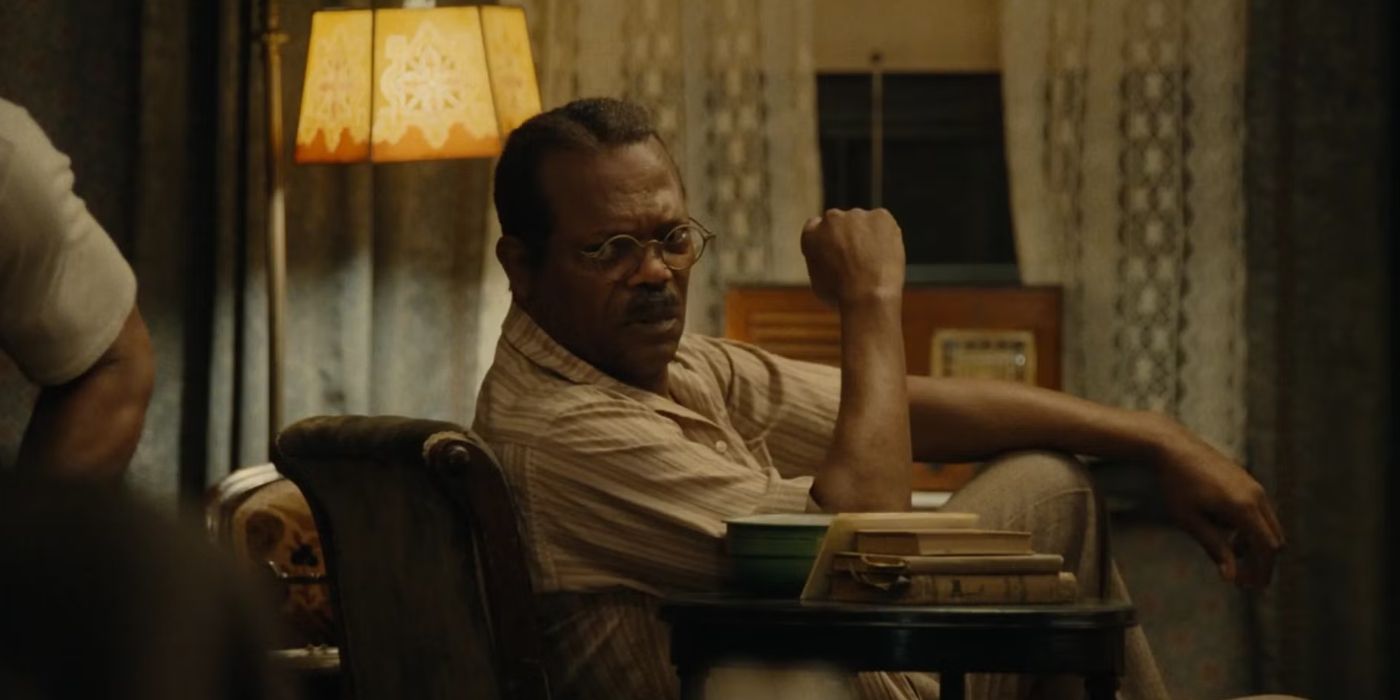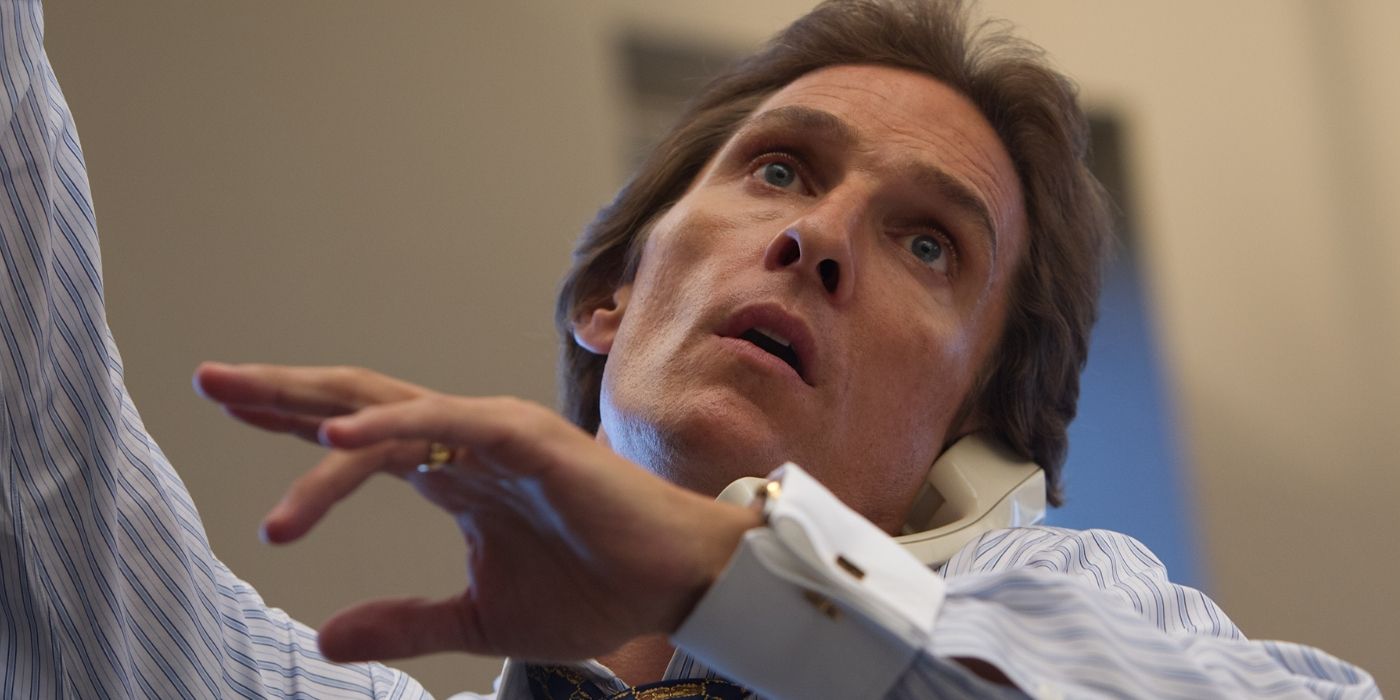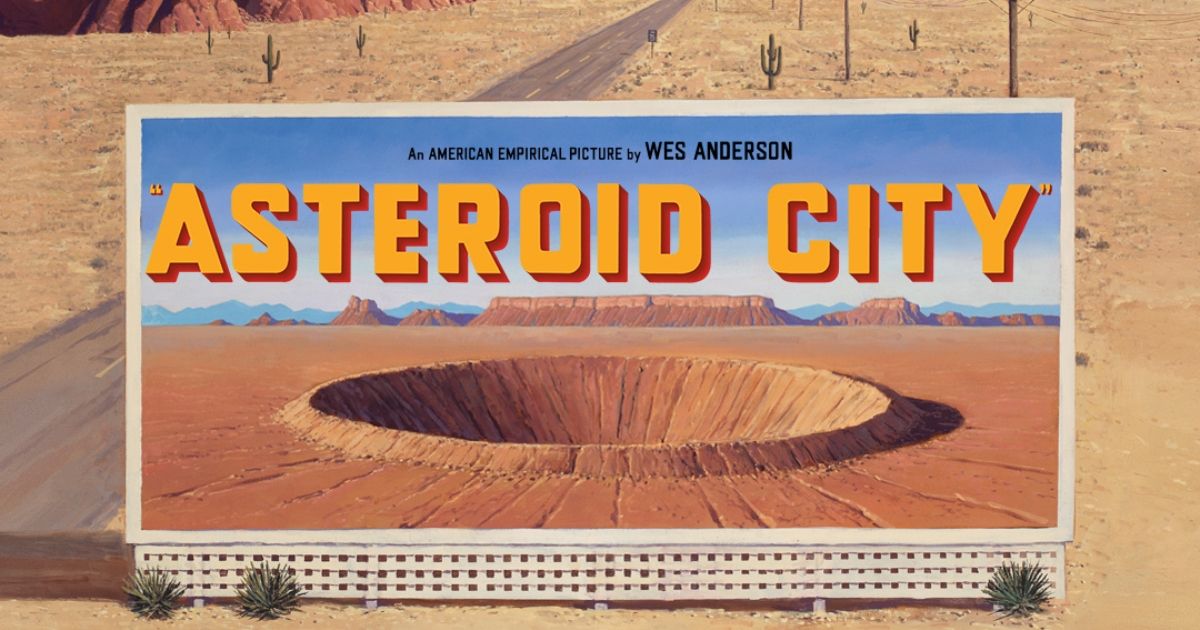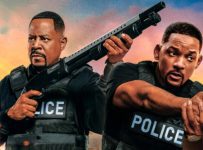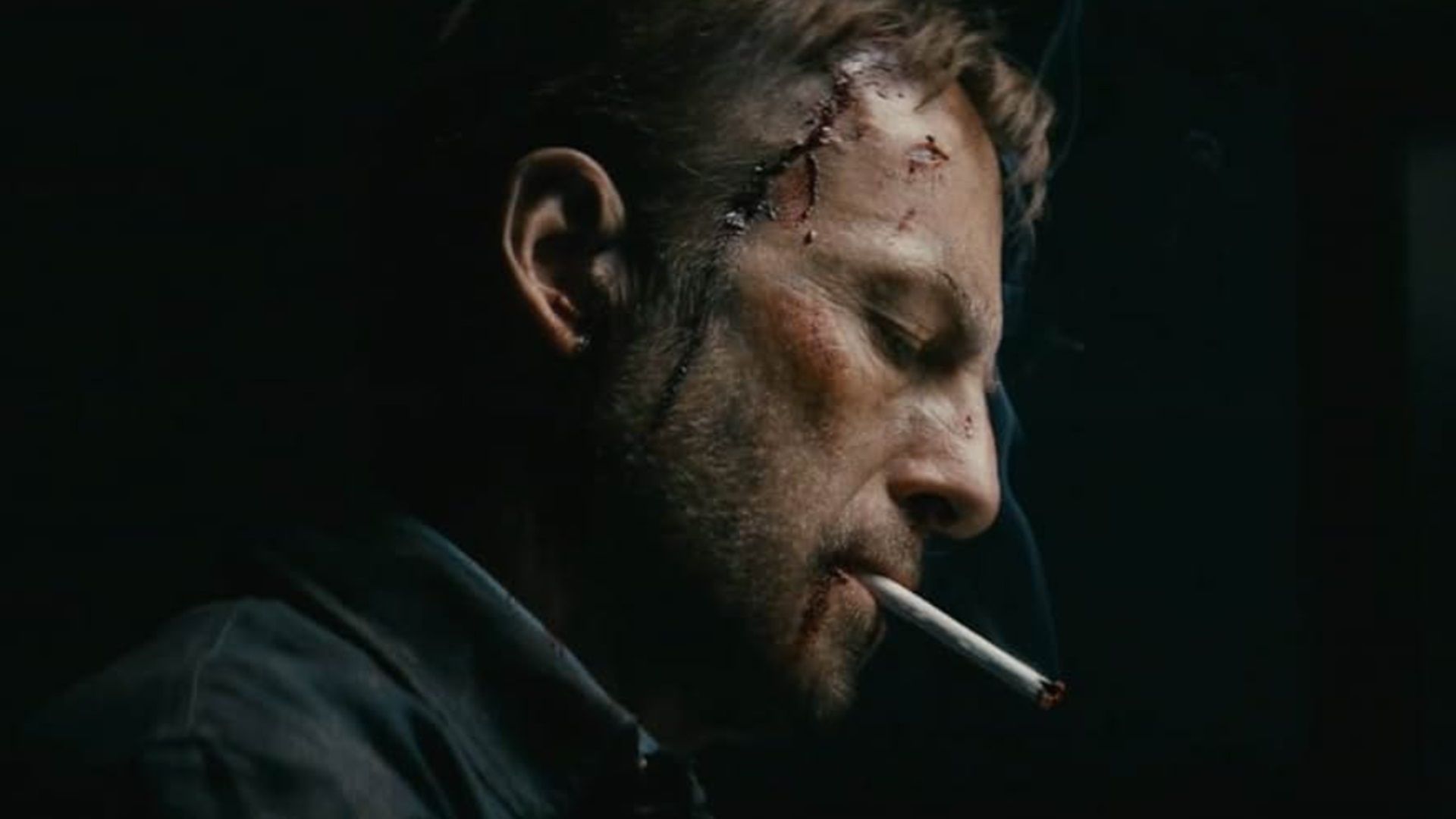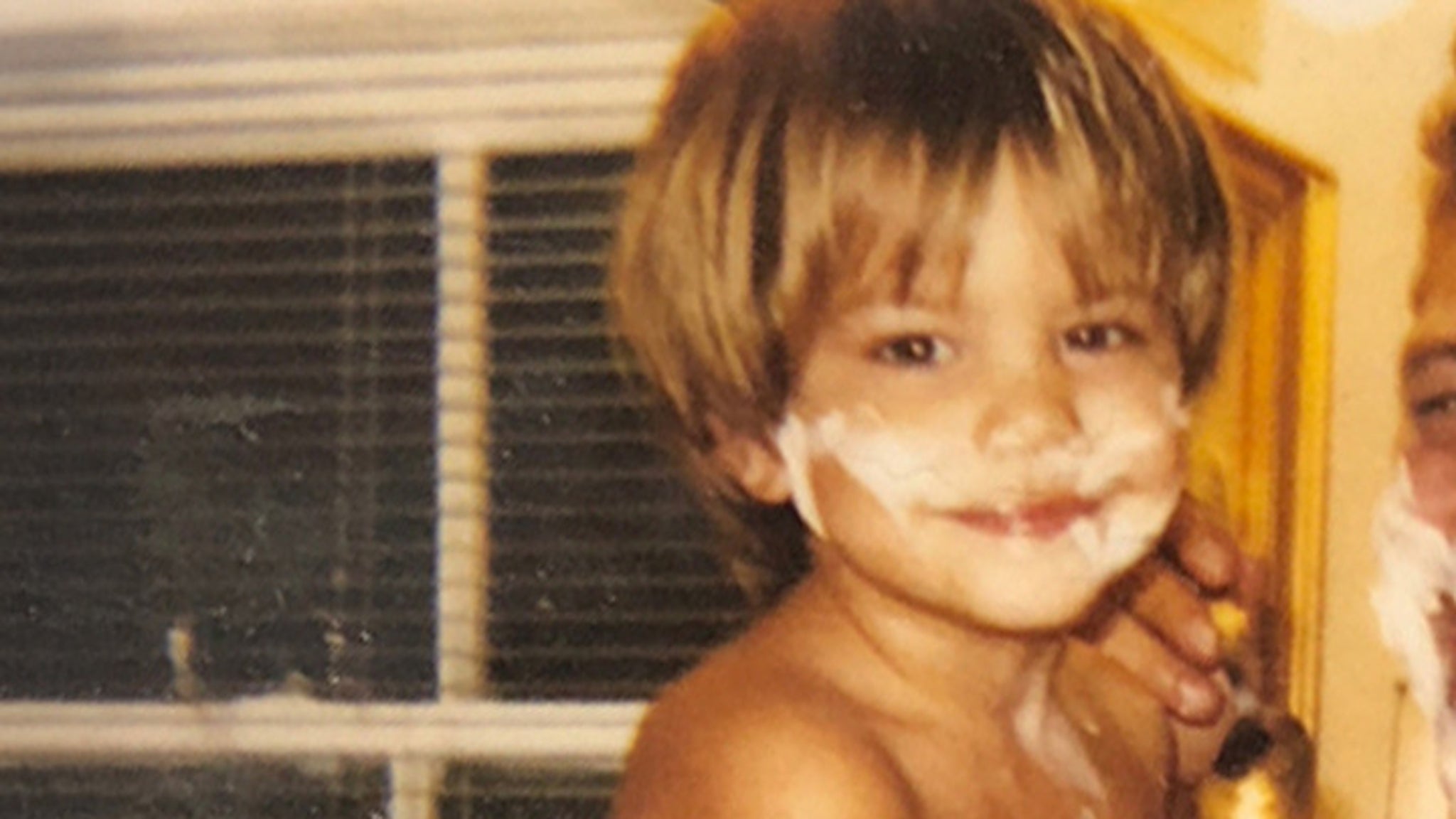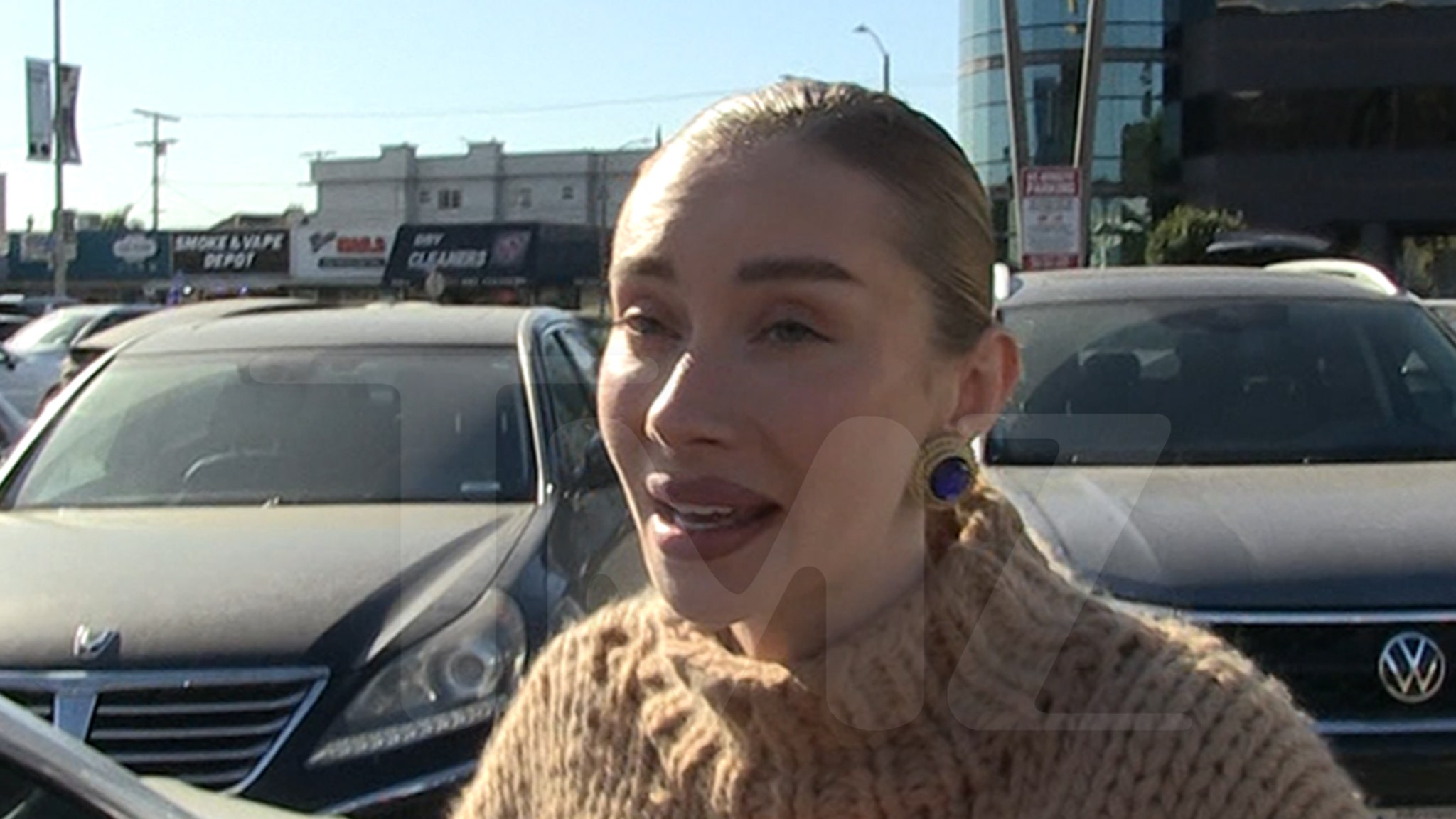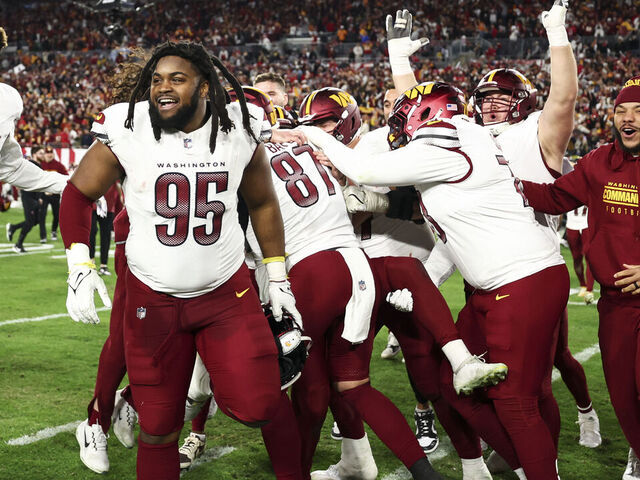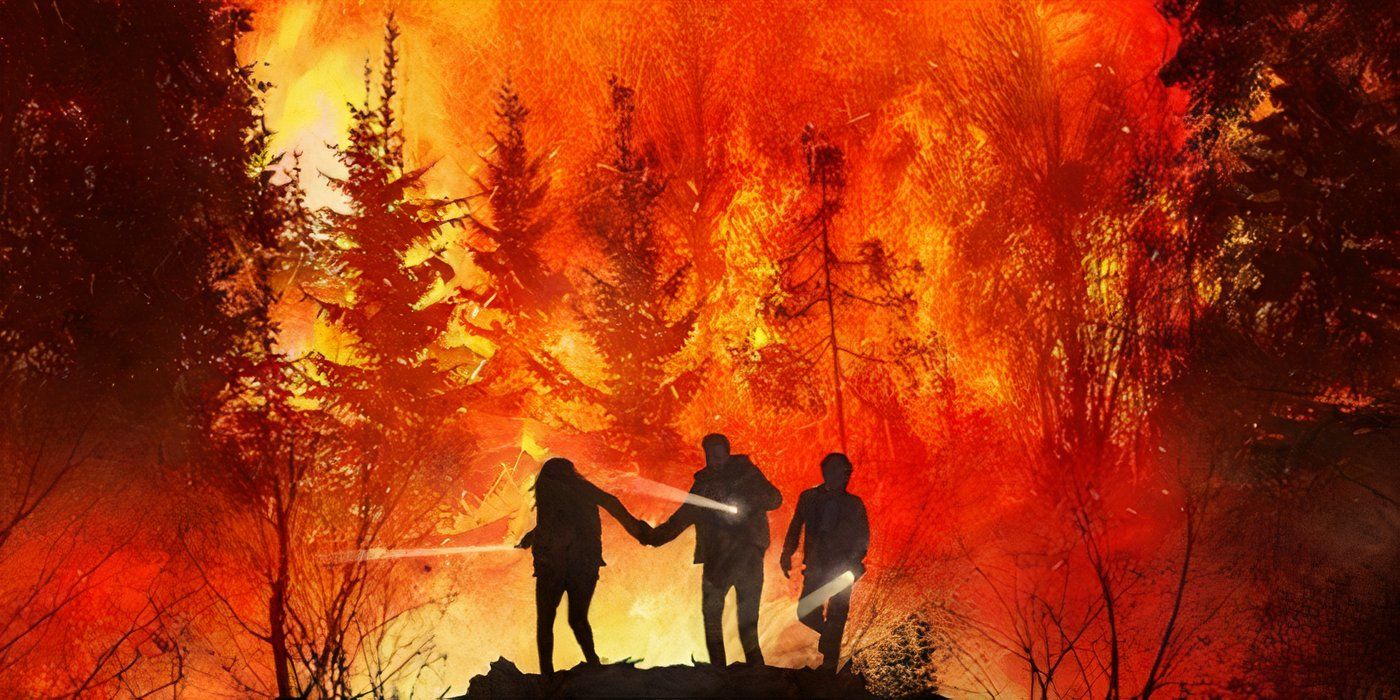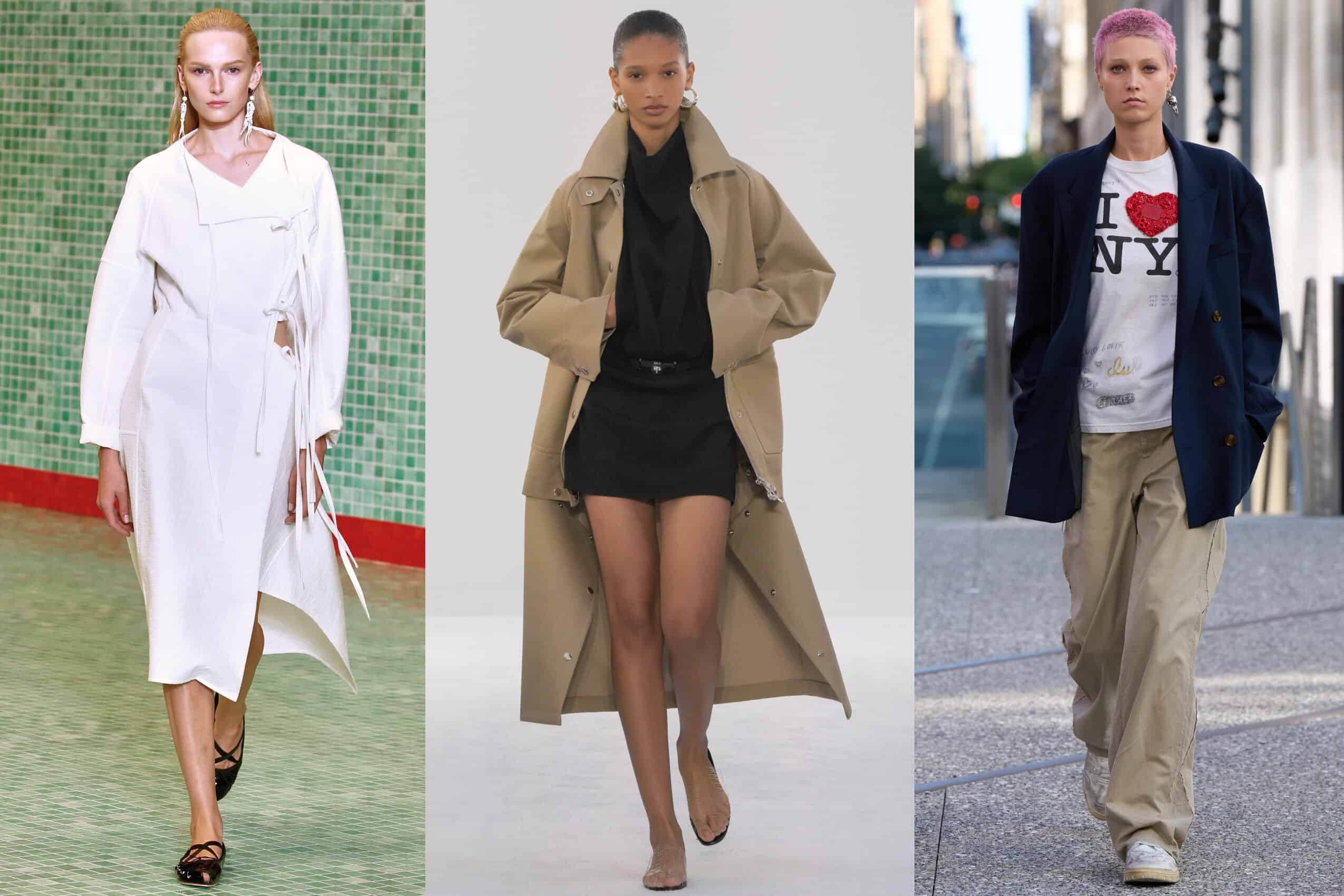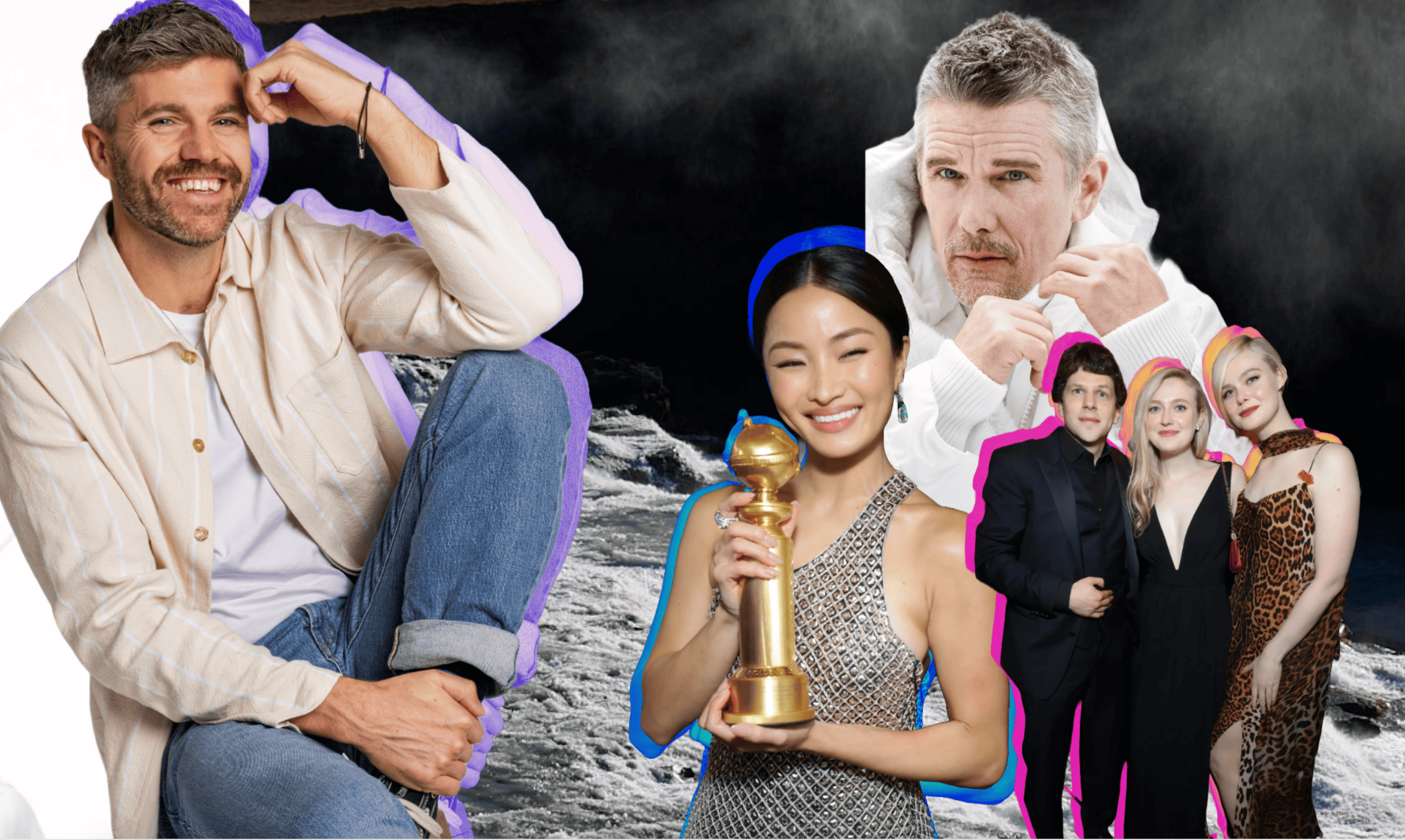And that is very evident in the end product, or at least what I’ve been able to see so far. Your character, Terry Thomas, is very different from some of the roles you’ve taken on in the past.
I love Terry Thomas. I mean, I have never had a chance to play a guy like this and I get great roles. I fight for them, no one just offers them to me. But with this one, I was tripping over myself to get into that room and win it because our communities have never seen a person with this kind of power and this kind of charm and this kind of intelligence on television.
Michael Greyeyes in “Wild Indian”
How did you mentally prepare for Terry compared to Makwa, a very dark character, from “Wild Indian”?
I’ll say that they’re actually similar. Okay, so let me explain. First of all, they’re both successful men. On the one hand, Terry’s success is based in love of family and his ambition. Whereas with Makwa, his success and his ambition is rooted in something else. He’s hiding his pain from himself and from everyone around him.
So, they look like the same guy. Yeah, they’re in beautiful suits and they’re powerful but they’re so tragically different. I love playing characters that are empowered and although Makwa’s empowerment comes from rage and pain, he’s still a powerful person. I reject the trope of Indigenous people as powerless or that we’re victims. I think it’s important for an actor in my position to ensure that the people I play match up to the people that raised me and the people in our communities that raised us. Then, when our youth watch these shows, they can be inspired by seeing their true selves and not ghosts of themselves.
What do you hope audiences get from watching “Rutherford Falls”?
I’m very, very hopeful that when global audiences watch the show that we will be perceived as contemporary citizens. They’ll be like “Oh, these are my neighbors. These are my co-workers. These are people that are not separate from me. They’re integrated into the fabric of my town, my city, my community.”
I think that’s a super important thing that “Rutherford Falls” can articulate. I’m hoping also that there’s a new sophistication to the kinds of stories that we’re telling. As you know, Indigenous stories are very complex and nuanced. We often get a binary kind of storytelling that says “this is good and that’s bad.” I think the characters in our show are beautifully human. I think that’s a hallmark of Mike Schur’s comedies and universes. We remember these characters, we remember these people.
“Rutherford Falls” will be available on Peacock starting April 22.
You can view the original article HERE.

